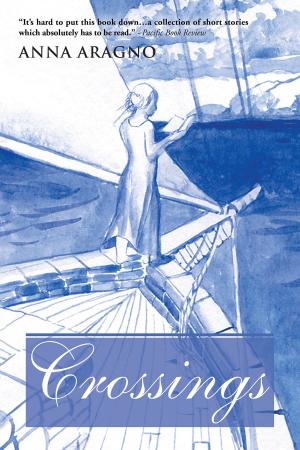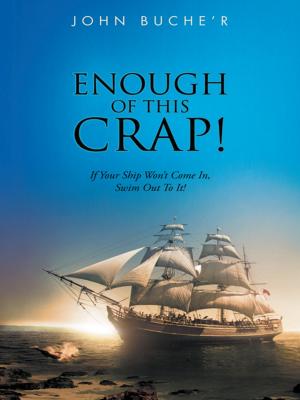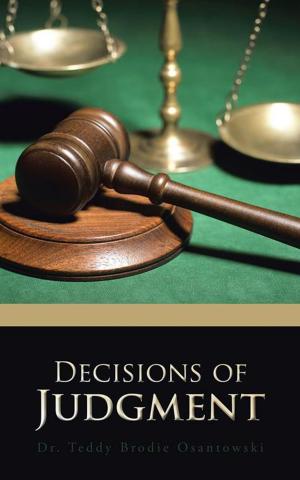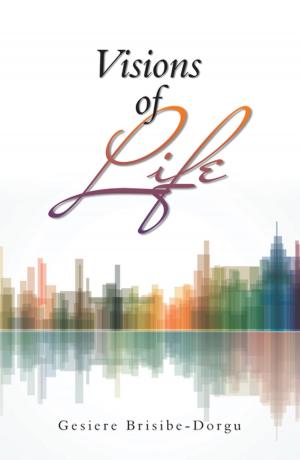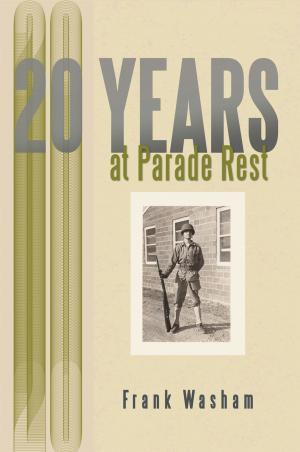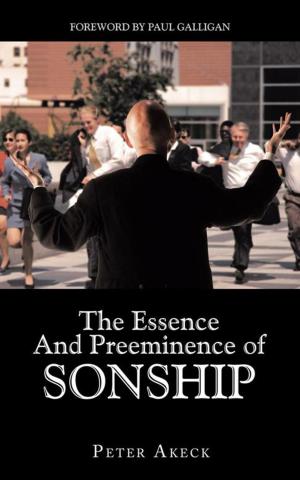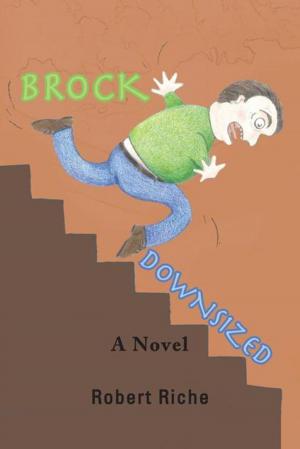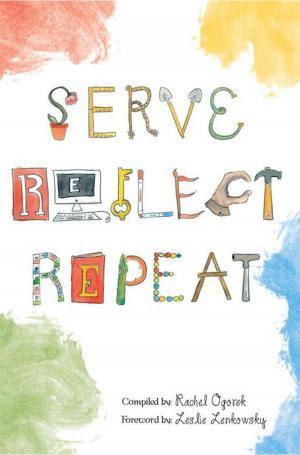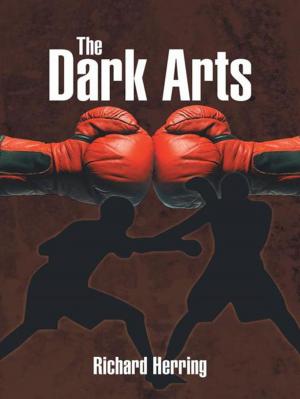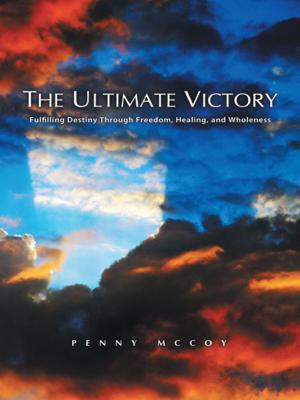Katrina: Eyes Have Not Seen, Ears Have Not Heard
The Story of How an American City Was Taken Under Siege by Powerful Forces in Government
Nonfiction, Social & Cultural Studies, Social Science, Cultural Studies, African-American Studies, Science & Nature, Nature, Reference & Language, Education & Teaching| Author: | Gavib Richard | ISBN: | 9781452030227 |
| Publisher: | AuthorHouse | Publication: | December 3, 2008 |
| Imprint: | AuthorHouse | Language: | English |
| Author: | Gavib Richard |
| ISBN: | 9781452030227 |
| Publisher: | AuthorHouse |
| Publication: | December 3, 2008 |
| Imprint: | AuthorHouse |
| Language: | English |
On August 29th, 2005, Hurricane Katrina ravaged the Gulf Coast and destroyed the lives of many. It also claimed the lives of hundreds and a thousand more. Howerever, what was the most tragic of all was the next storm that hit the Gulf Coast: The Federal Government.
Many people turned to the government for help, but instead of an immediate response to this tragic event, their cries fell on deaf ears. They were told to help themselves. "If you can't help yourselves, then that's just tough." That was the message that was received by the people from the government.
During those faith testing, physical draining, and mental waining days, however, some people survived. At almost every glance, in some way or another, they stared danger and death in it's face. But, their will to live kept them going. Their testimony is present here in this book.
This book also documents the pains of poverty and the diabolic forms of racism that was used not only in the government's response, but also among some citizens that were sparred the wrath of Katrina. It also documents the struggle for those trying to rebuild their lives and the pain that continues from wreckless negligence. Despite the pain, this book attempts to document the great spirit of New Orleans and it's people that fight for their right of return.
The purpose of this book is to bring out the truth. It's purpose is not just to tell the testimonies of those that stayed, but to also break down what really happened at that time. So I end with this question: Was it the wrath of Katrina that destroyed New Orleans or was it something more sinister?
On August 29th, 2005, Hurricane Katrina ravaged the Gulf Coast and destroyed the lives of many. It also claimed the lives of hundreds and a thousand more. Howerever, what was the most tragic of all was the next storm that hit the Gulf Coast: The Federal Government.
Many people turned to the government for help, but instead of an immediate response to this tragic event, their cries fell on deaf ears. They were told to help themselves. "If you can't help yourselves, then that's just tough." That was the message that was received by the people from the government.
During those faith testing, physical draining, and mental waining days, however, some people survived. At almost every glance, in some way or another, they stared danger and death in it's face. But, their will to live kept them going. Their testimony is present here in this book.
This book also documents the pains of poverty and the diabolic forms of racism that was used not only in the government's response, but also among some citizens that were sparred the wrath of Katrina. It also documents the struggle for those trying to rebuild their lives and the pain that continues from wreckless negligence. Despite the pain, this book attempts to document the great spirit of New Orleans and it's people that fight for their right of return.
The purpose of this book is to bring out the truth. It's purpose is not just to tell the testimonies of those that stayed, but to also break down what really happened at that time. So I end with this question: Was it the wrath of Katrina that destroyed New Orleans or was it something more sinister?

